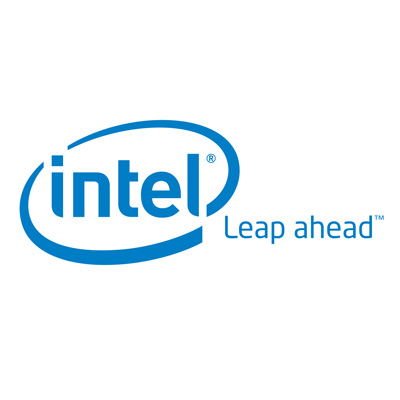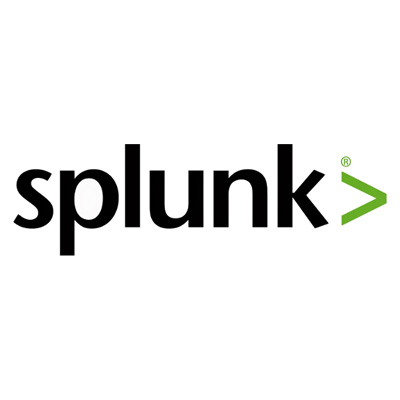An NSF Expedition Project
REAL-TIME INTELLIGENT SECURE EXPLAINABLE SYSTEMS
In the RISELab, we develop technologies that enable applications to make low-latency decisions on live data with strong security.
RISELab is supported by:
News
New Blog “How Machine Learning Became Useful: Reflecting on a Decade of Research”
July 15, 2022Joey Gonzalez wrote a blog reflecting on the past decade of ML systems research and how data and compute were...
Ion Stoica to deliver keynote at Data@Scale
May 5, 2022Register for Data@Scale to catch Ion’s keynote May 18! https://datascale2022.splashthat.com/...
Forbes: “Berkeley Research Lab Group Mints Second Billion-Dollar Business In Startup Anyscale”
December 10, 2021Anyscale cofounders Robert Nishihara, Ion Stoica, and Philipp Moritz Anyscale is making news with their latest...
Events
Dissertation Talk: Machine Learning for Query Optimization by Zongheng Yang
Title: Machine Learning for Query Optimization Speaker: Zongheng Yang Advisor: Ion Stoica Date: Wednesd...
Dissertation Talk with Melih Elibol: NumS: Scalable Array Programming for the Cloud; 10 AM, Tuesday, May 10
Title: NumS: Scalable Array Programming for the Cloud Speaker: Melih Elibol Advisors: Michael I. Jordan and...
Dissertation Talk with Weikeng Chen: Building Cryptographic Systems from Distributed Trust; 11:00 AM, Friday, April 29
Title: Building Cryptographic Systems from Distributed Trust Speaker: Weikeng Chen Advisor: Raluca Ada Popa...
Blog
How AI Fails Us
blogDivya Siddarth, Daron Acemoglu, Danielle Allen, Kate Crawford, James Evans, Michael Jordan, E. Glen Weyl The dominant vision of artificial intelligence imagines a future of large-scale autonomous systems outperforming humans in an...
RISELab Story
Berkeley’s computer science division has an ongoing tradition of 5-year collaborative research labs. In the fall of 2016 we closed out the most recent of the series: the AMPLab. We think it was a pretty big deal, and many agreed.
One great thing about Berkeley is the endless supply of energy and ideas that flows through the place — always bringing changes, building on what came before. In that spirit, we’re fired up to announce the Berkeley RISELab, where we will focus intensely for five years on systems that provide Real-time Intelligence with Secure Explainable decisions.
Context
RISELab represents the next chapter in the ongoing story of data-intensive systems at Berkeley; a proactive step to move beyond Big Data analytics into a more immersive world. The RISE agenda begins by recognizing that there are big changes afoot:
- Sensors are everywhere. We carry them in our pockets, we embed them in our homes, we pass them on the street. Our world will be quantified, in fine detail, in real time.
- AI is for real. Big data and cheap compute finally made some of the big ideas of AI a practical reality. There’s a ton more to be done, but learning and prediction are now practical tools in the computing toolbox.
- The world is programmable. Our vehicles, houses, workplaces and medical devices are increasingly networked and programmable. The effects of computation are extending to include our homes, cities, airspace, and bloodstreams.
In short, the loop between data generation, computation, and actuation is closing. And this is no longer a niche scenario: it’s going to be a standard mode of technology going forward.
Mission
Our mission in the RISELab is to develop technologies that enable applications to interact intelligently and securely with their environment in real time.
As in previous labs, we’re all in — working on everything from basic research to software development, all in the Berkeley tradition of open publication and open source software. We’ll use this space to lay out our ideas and progress as we go.
Sponsors
In addition to NSF expedition, we’re extremely fortunate at Berkeley to be supported by — and working with — some of the world’s biggest and most innovative companies. The RISELab’s 13 founding sponsors are quite the crew: Alibaba Group, Amazon Web Services, Ant Financial, Capital One, Ericsson, Facebook, Google, Huawei, Intel, Microsoft Research, Scotiabank, Splunk and VMware. Thanks to all.
We RISE.
— Ion, Joe, Joey, Raluca and team
Featured Project
Clipper
Machine learning is being deployed in a growing number of applications which demand real-time, accurate, and robust predictions under heavy query load. However, most machine learning frameworks and systems only address model training and not deployment.
Clipper is a general-purpose low-latency prediction serving system. Interposed between end-user applications and a wide range of machine learning frameworks, Clipper introduces a modular architecture to simplify model deployment across frameworks. Furthermore, by introducing caching, batching, and adaptive model selection techniques, Clipper reduces prediction latency and improves prediction throughput, accuracy, and robustness without modifying the underlying machine learning frameworks.
















